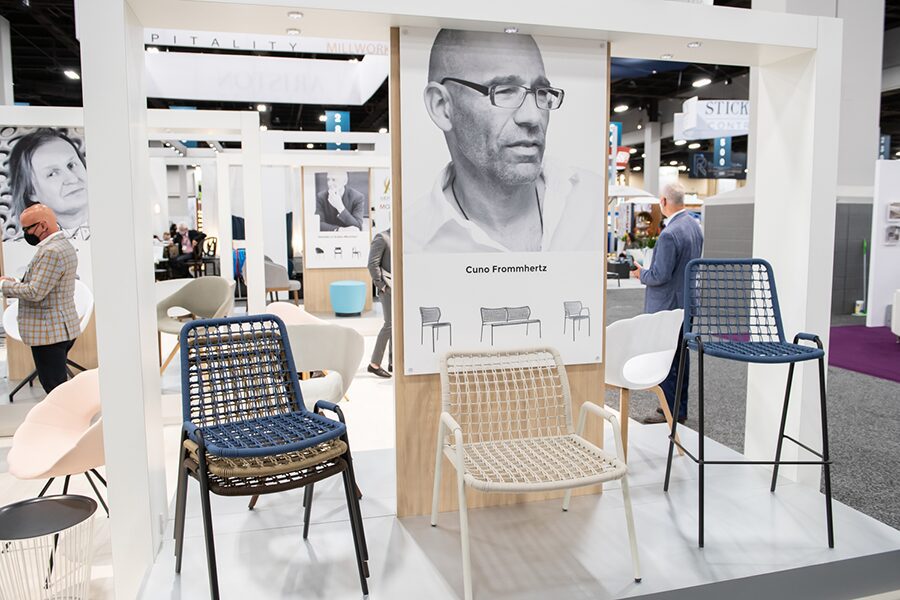Americans who are planning to travel in 2011 will continue to pinch their pennies, according to Ypartnership/Harrison Group Portrait of American Travelers and travelhorizons national surveys. As part of this “New Frugal” attitude, travelers will continue to demand more in exchange for their travel dollar: more leg room on their flight, an upgraded guestroom, a more bountiful breakfast included with their hotel room rate, and free internet. About 55 percent of all U.S. adults were planning at least one overnight trip primarily for leisure purposes during the first six months in 2011, up slightly from the 53 percent who expressed this sentiment at the same point in time in 2009. Furthermore, among the most affluent households in the U.S. (those with an annual income greater than $125,000, or roughly 10 percent of all households), the net positive difference between those planning “more” or “fewer” trips for leisure purposes in the year ahead is over 10 percent, thereby signaling that the leading edge of incremental demand for leisure travel services will be populated primarily by more upscale clientele.
Business travel is also rising out of its slump, albeit from corporate meetings rather than individual business travelers. According to a national survey of (U.S.) corporate and association meeting planners authored by Ypartnership on behalf of the Professional Convention Management Association (PCMA) and American Express in 2010, 41 percent of corporate meeting planners expect to book more off-site meetings in 2011 versus 2009 (an average of 23 more meetings); 21 percent of association meeting planners expect to book more off-site meetings in 2011 versus 2009 (an average of eight more meetings). As of October 2010, only 17 percent of U.S. adults were planning a trip primarily for business purposes through the second quarter of 2011, essentially unchanged from the 18 percent who expressed the same intention precisely one year prior.
Other predictions for 2011 travel include:
- More travelers will discover the appeal of comparison shopping sites (meta search engines) as they pursue what they consider to be rightfully theirs in the current economic environment: a good deal.
- The “collective buying” craze (thanks to Groupon) will begin to re-shape demand for travel services, particularly for those travel service suppliers who are long on inventory on selected dates and disinclined to spend scarce marketing dollars to drum up demand the old fashioned way.
- Although travel with one’s spouse or another adult will continue to represent the highest incidence of leisure travel (eight out of 10 leisure travelers will take at least one such trip in the year ahead), family travel (adults who travel with children) will continue to grow because of the burgeoning popularity of multi-generational leisure travel: one-third of all leisure travelers are now grandparents, and three out of 10 took at least one vacation with their grandchildren last year. This incidence will continue to grow as the population continues to age.
- Hotel rates will rise modestly in the majority of U.S. markets, and aggressively in a few such as New York and Miami, driven by the combined impact of growing demand from business travelers and the hiatus in new hotel construction observed during the past two years.
- Mobile applications that facilitate the planning and purchasing of travel services will continue to proliferate as more consumers migrate to smart phones (an estimated four out of 10 now have one, and roughly 20 percent of those who do have downloaded a travel app). And their usage of these devices will extend well beyond GPS functionality to include searching for schedule delays, comparison shopping fares and rates, and downloading mobile coupons.
- Interest in and usage of social media will continue to display explosive growth in terms of theoretical reach (the ability to connect and engage sheer numbers of active travelers): almost half of all travelers now have a page posted on a social site, 91 percent of which are posted on Facebook. The extent to which the content of information on social sites truly influences the selection of travel service suppliers remains elusive, however.
- California and Florida will, once again, top the list of domestic “dream destinations.”
- The bed bug problem will continue to pose challenges for hoteliers in selected urban destinations as it is now clearly on the minds of all travelers: a remarkable 31 percent of U.S. travelers are “very/extremely” concerned about an encounter with bed bugs on a future hotel stay; another 29 percent are somewhat” concerned.



